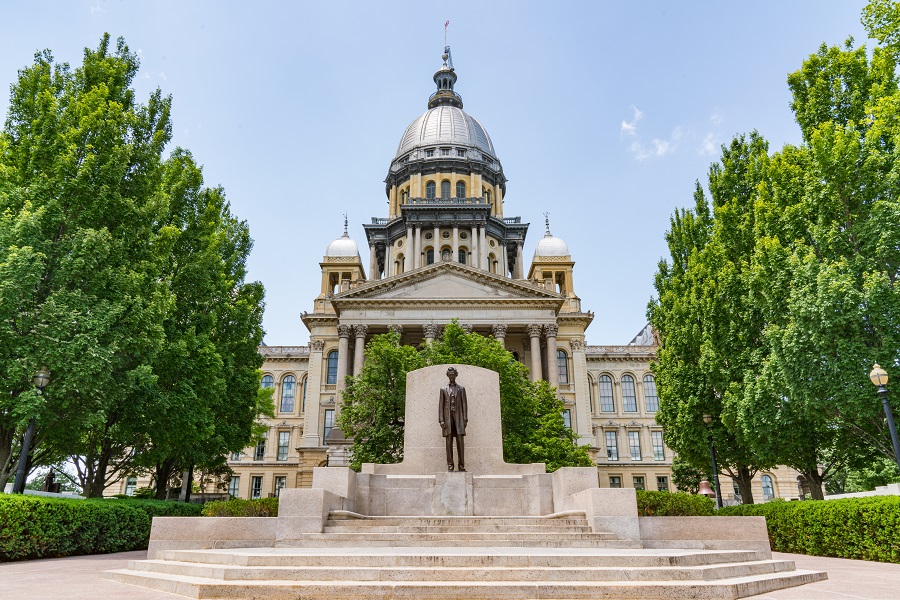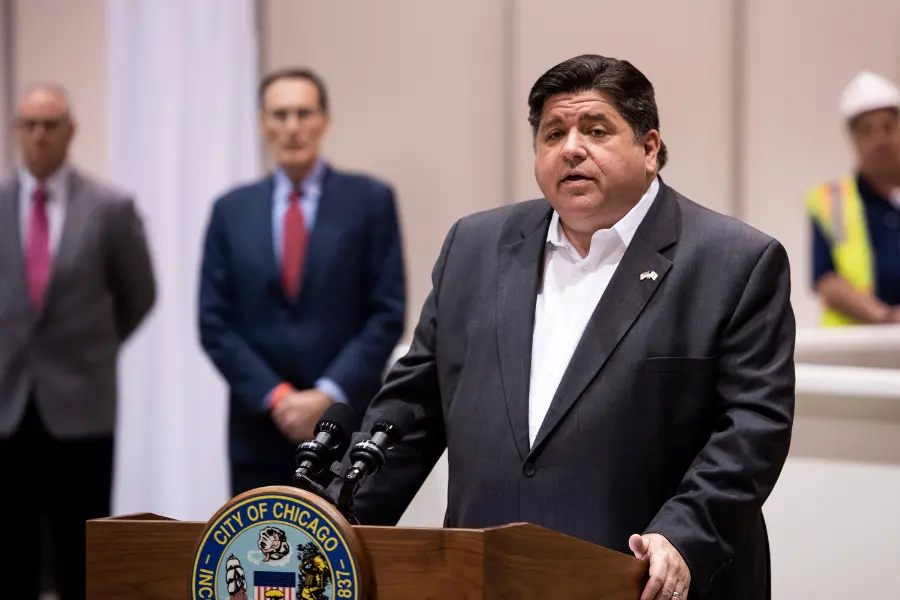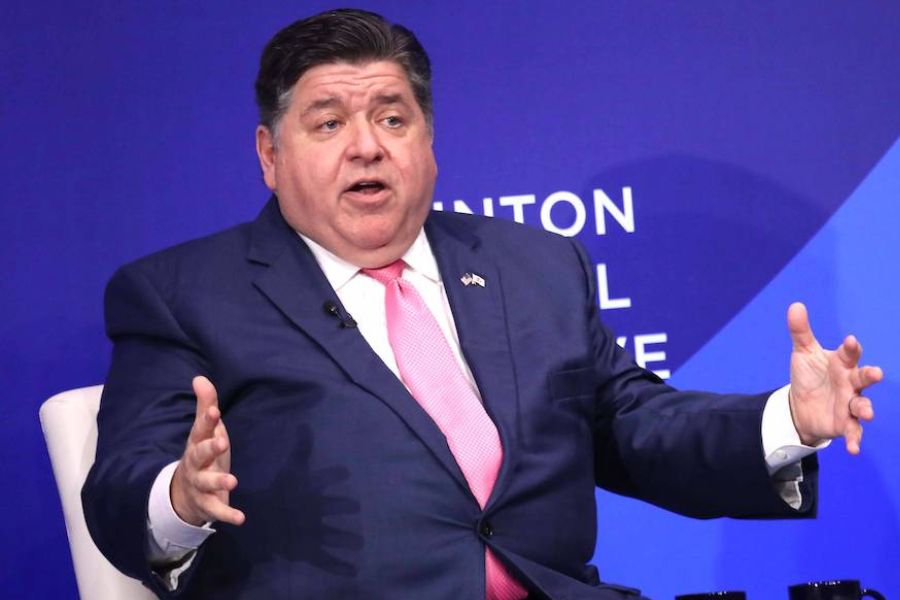For instance, Michigan regulators reported that the state collected a record $31.3 million in taxes in March from online casino gaming in the state.
Given the proximity of Chicago to the state border and the number of Illinois residents who work in or often visit Michigan, there is no doubt that the lack of legal online casino play in Illinois has boosted Michigan’s total tax revenue from that gambling.
But it could be worse for Illinois: Another neighboring state to the Chicagoland region, Indiana, just tried and failed to legalize online casino gambling.
Indiana State Senator Jon Ford, who is the president of the National Council of Legislators from Gaming States (NCLGS), last week offered a post-mortem on the effort.
Ford, a Zoom-connected panelist for the East Coast Gaming Congress industry event held in Atlantic City, N.J., blamed what he called “a bad fiscal report by state fiscal analysis for turning the tide against online casino legalization.
That report, published in February, suggested that up to 30% of brick-and-mortar casino businesses would shift over to online casinos if it is legalized.
“Frankly, we really question the validity of the report,” said Ford, who could not attend the event in person because his state’s lawmakers were in the midst of finalizing their annual budget.
The fiscal report’s conclusions were in stark contrast to a report from the independent analysis firm Spectrum Gaming Group last year. Per that report: “Based on the evidence from the states where iGaming has been introduced, there is little, if any, cannibalization of revenue from established casinos.”
Still, even the possibility of a new gambling option leading to the loss of thousands of retail casino jobs clearly weighed heavily on the minds of many lawmakers – and on the minds of residents.
Ford said that many Indiana constituents whose communities benefit economically from having a casino in their midst spoke out after release of the concerning report.
“We got more pressure from locals than we had expected,” Ford said. “Since COVID, taverns and charity groups benefited from our casino dollars and they were asking the question ‘What’s in it for them?’ if we go with iGaming.”
However, “Next year the possibility will be pretty good” for online casino legalization efforts, Ford said.
“There are a few things we need to work on, like education,” Ford said. “We have to explain in both chambers what iGaming is, and really develop a structure to let locals benefit from iGaming.”
Lessons To Be Learned From Other States
While the ECGC was a gathering of gaming industry insiders from around the U.S., those in the audience from New Jersey were quite familiar with the “cannibalization debate.”
A dozen years ago, the owners of the Atlantic City casinos had similar reservations about online casino gaming being legalized. But after much lobbying and education, the companies changed their tune – leading to the launch of the new gambling in November 2013.
A key factor was that online casino operators – many of which had already-established businesses in Europe – had to partner with an Atlantic City casino in order to be approved, with the casinos obtaining about one-third of the revenue as part of the bargain.
In recent years, Michigan and Pennsylvania casino operators had learned the same lessons that were found in New Jersey – but which have yet to translate to other states, including Indiana and Illinois.
That is, there is surprisingly little overlap between brick-and-mortar casino patrons and online casino players – with the latter skewing significantly younger. Also, a new online casino gambler can ring up credits that lead to a free casino hotel night or two, luring in a customer who otherwise might never have visited in person.
Howard Glaser, the Global Head of Government Affairs and Legislative Counsel for the Light & Wonder company, told the Hard Rock Casino audience in Atlantic City: “iGaming is dead in every state this year.”
That’s true not only in Indiana, for the reasons Ford explained. In Iowa – another neighbor of Illinois – Republican Gov. Kim Reynolds signed a bill into law last year that prevents the state from authorizing any new gaming projects until at least mid-2024.
Online Casinos in Illinois?
As for Illinois, Glaser said the debate on online casino legalization mirrors that of other states across the U.S.
“The problem is no longer how to expand the [gambling] pie, it’s who gets what piece,” Glaser said.
He described Illinois was called “a robust gaming state” – with legal Illinois online casinos the lone missing piece. Several bills introduced in the statehouse earlier this year failed to gain any momentum.
The Illinois economy benefits from the presence of more than 8,000 licensed video gaming locations that operate about 43,000 video gaming terminals (VGTs) across the State, which the Illinois Gaming Board describes as “the largest video gaming network of its kind in the world.”
That has complicated efforts to legalize online casino gaming because of concerns of another version of cannibalization.
In the next five years, there is a realistic chance that all three “I” states – Illinois, Indiana, and Iowa – will welcome online casino gaming to the fold. And once one of them joins Michigan on that front, it will ratchet up pressure on the other states to avoid having their residents’ discretionary income getting spent elsewhere.
While only six states have legalized such gambling so far, Shawn Fluharty, a House of Delegates member in West Virginia – one of those six states – told the conference audience that his fellow lawmakers who have not yet acted to legalize are guilty of “legislative malpractice.”
West Virginia, Fluharty noted, collects three times as much tax revenue from online casino operators than it gets from sports betting. That ratio mirrors those in the other online casino states as well.






